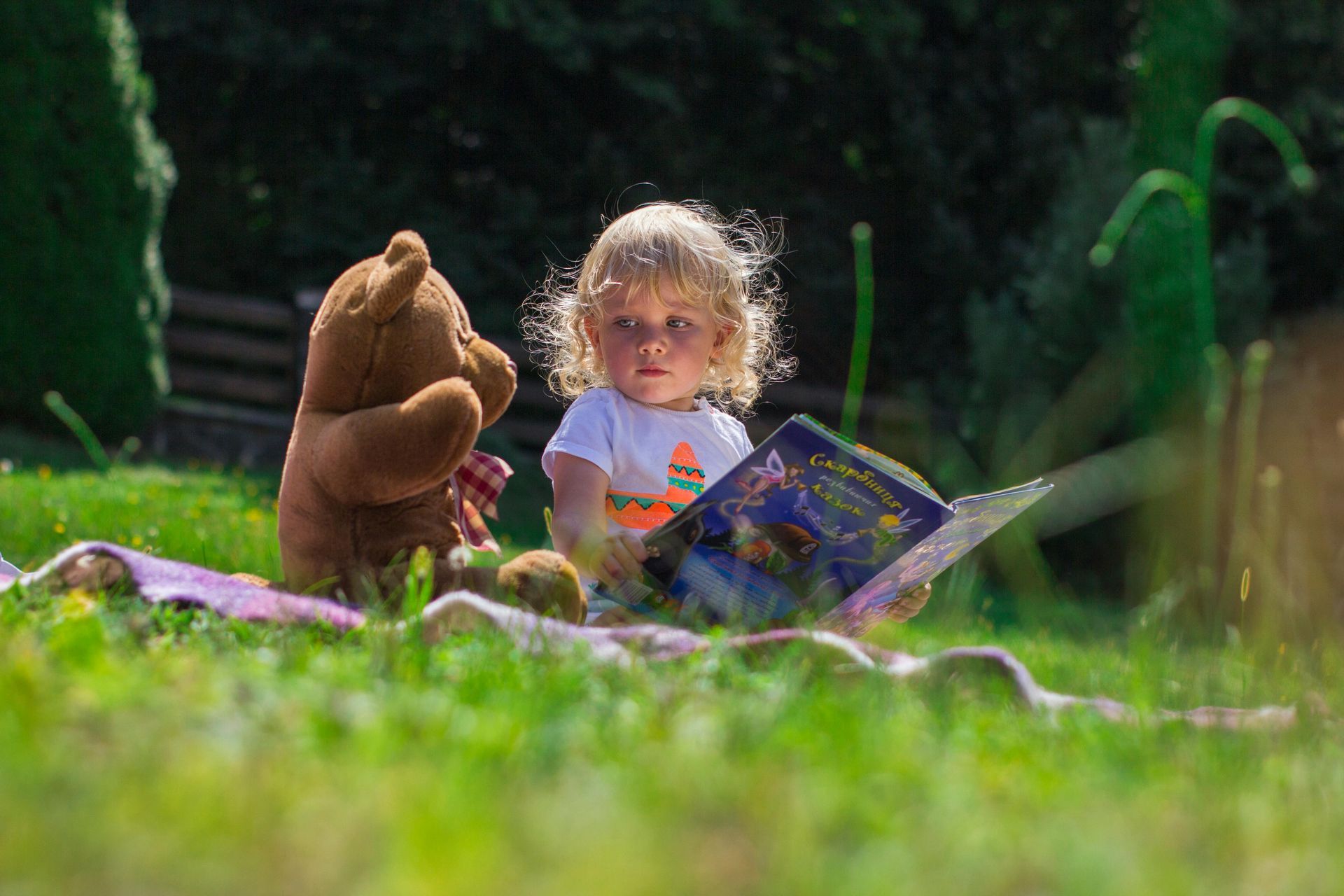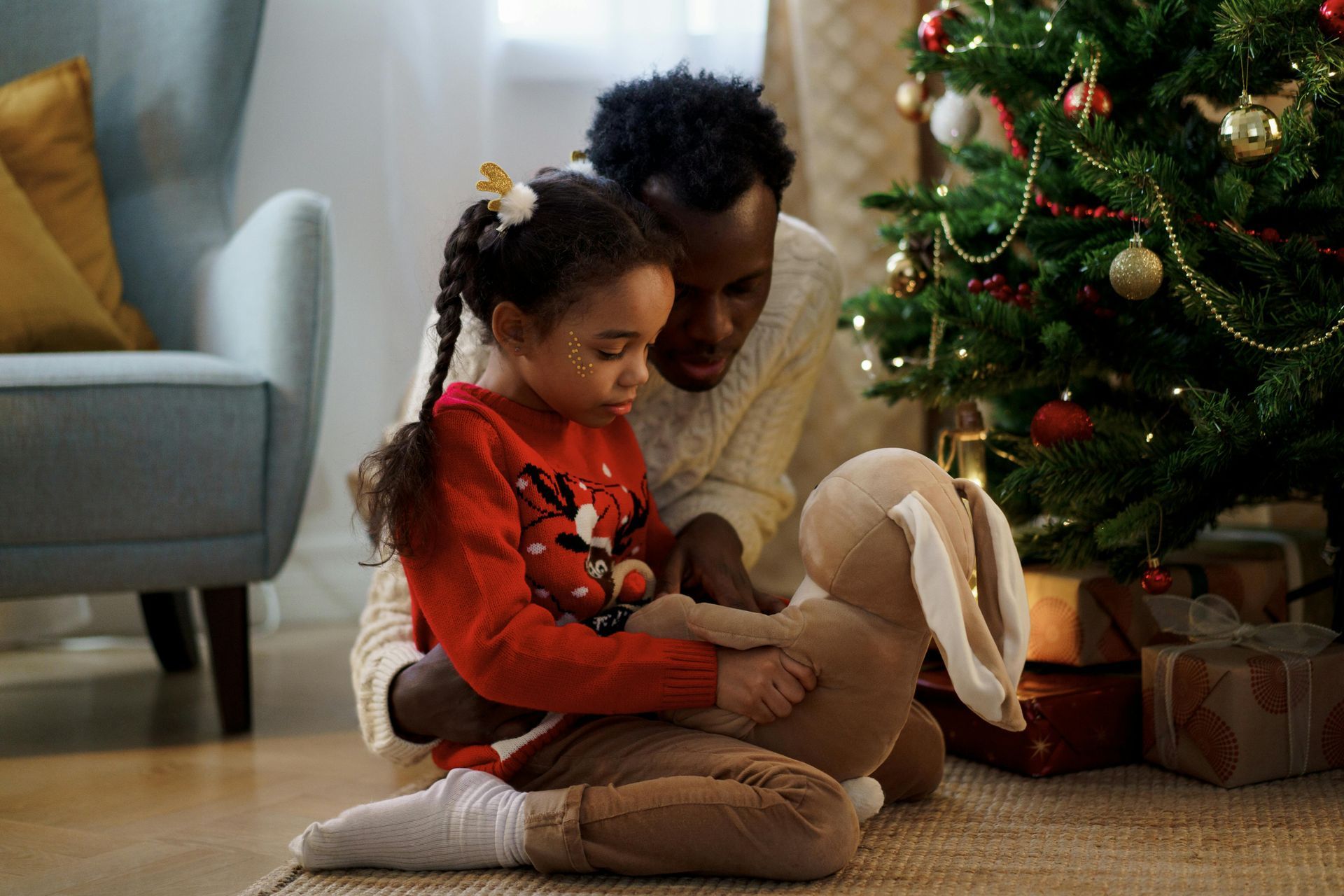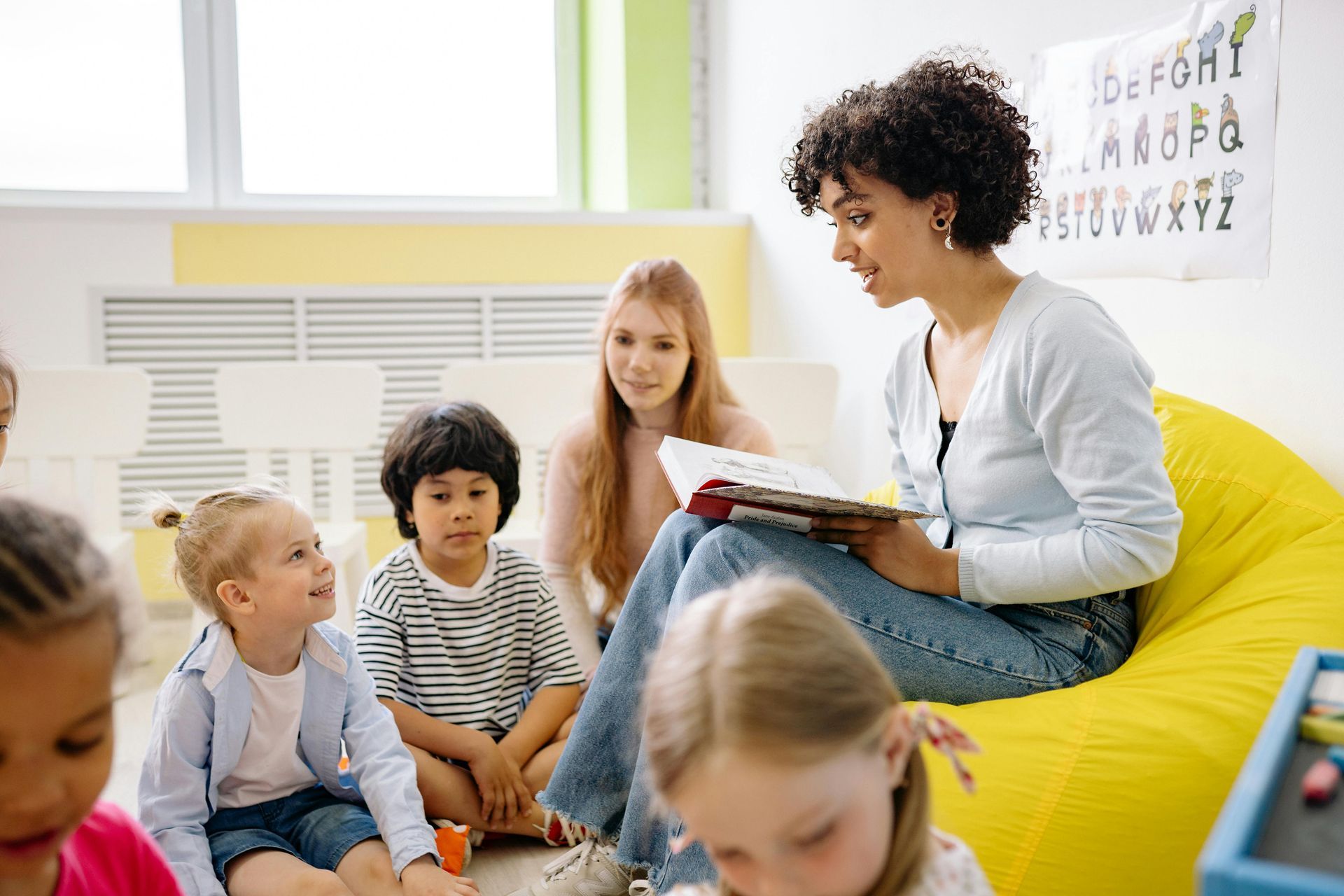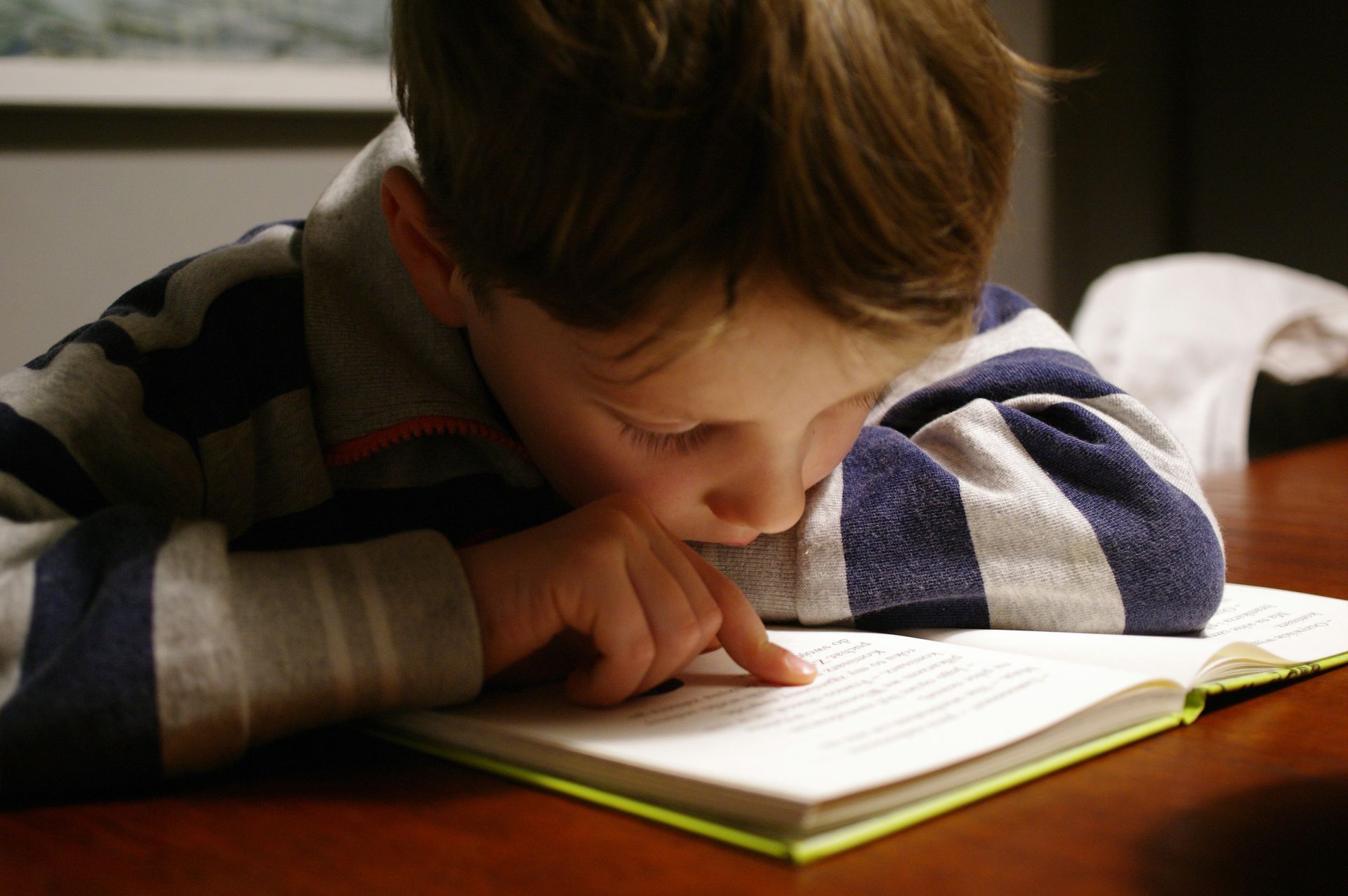Mabel's Journey Through Emotions: A Guide for Parents
In today's world, where children are increasingly exposed to complex emotions and situations, it's crucial to equip them with the tools to understand and manage their feelings. The Mabel book series serves as an excellent resource for initiating discussions about mental health with young children. This blog post explores how parents can use Mabel's adventures to help their children navigate their emotional landscape.
Exploring Emotions with Mabel
Each story in the Mabel series focuses on different emotional challenges, making it a perfect springboard for discussions. For instance, "Mabel Finds Her Happy" addresses feelings of sadness, "Mabel Meets Her Worry Beans" tackles anxiety, and "Mabel Helps A Friend" delves into more complex themes like empathy and support for others experiencing distress.
Engaging Your Child in Meaningful Conversations
After reading each book, parents can use specific questions to help children articulate their feelings and draw parallels to their own experiences. For example:
- What do you think Mabel felt when...?
- Have you ever felt like Mabel did? What helped you feel better?
These questions not only encourage children to express their emotions but also help them develop empathy and understanding for others.
Identifying and Coping with Emotions
The series can teach children to identify different emotions and effective coping strategies employed by Mabel. Parents can highlight how Mabel handles her challenges, discussing the importance of talking about feelings, asking for help, and using creative outlets like drawing or storytelling to express emotions.
Additional Resources for Children's Emotional Learning
To complement the emotional lessons from the Mabel book series, here are some resources that can help support your child's emotional development:
Educational Apps:
- Moshi: Sleep and Mindfulness: Tailored to help children relax and get a good night's sleep, this app also teaches mindfulness techniques suitable for young children.
- CBeebies Go Explore: Offers games that help develop life skills and emotional understanding in a fun and interactive way.
Professional Help:
- If you notice persistent emotional challenges, consider consulting with a child psychologist. The British Psychological Society (BPS) provides a directory of chartered psychologists, which can be a valuable resource for finding qualified professionals in your area.
These tools are designed to assist in fostering emotional intelligence and resilience, aiding in the healthy emotional growth of your child.

Design & Build by Kangaroo UK









